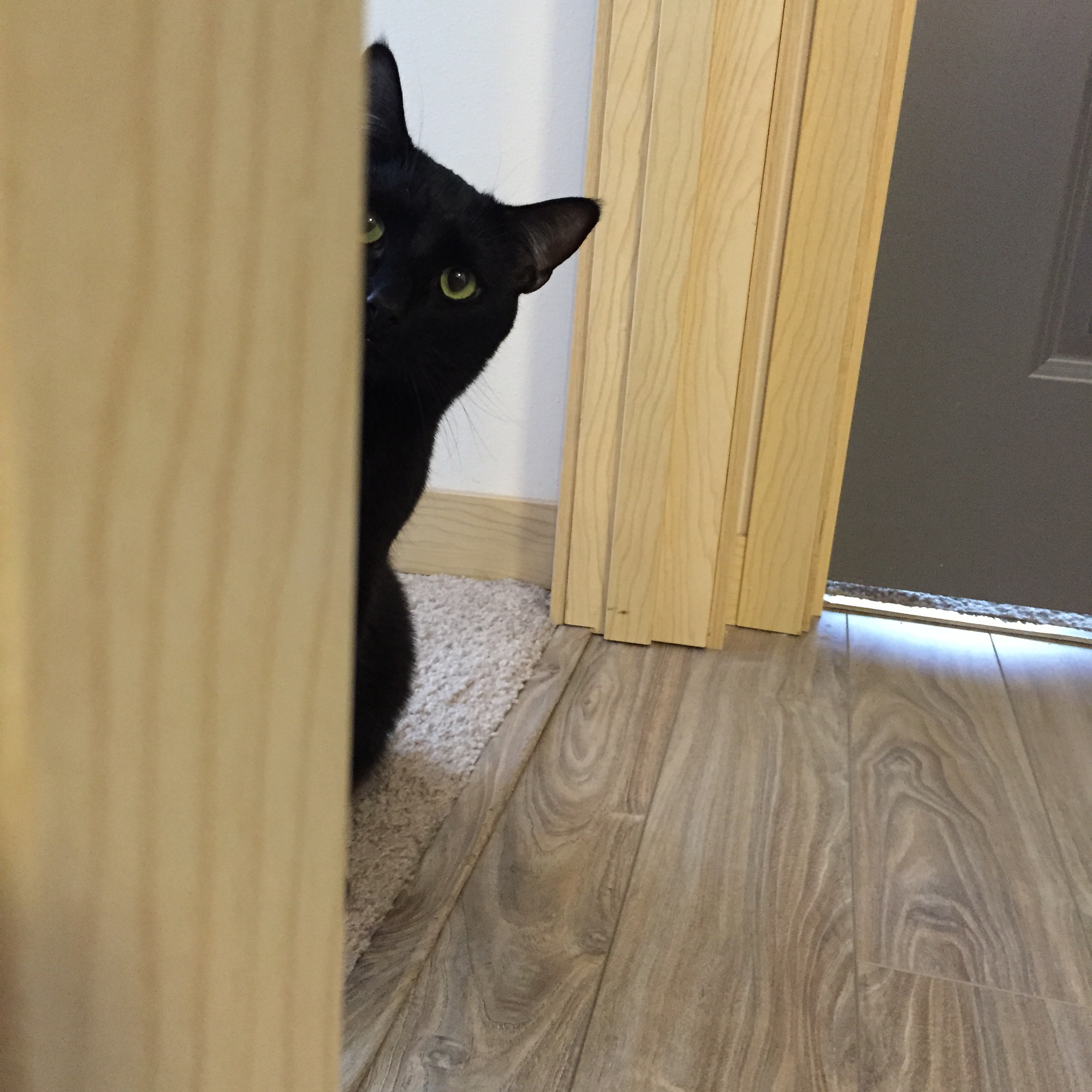I thought it was because they were all dying and fertilizing the soil with their corpses.
Only god may judge us? Sure, which is why god sent a fucking assassin.
Biden could literally dress up like Commando and slaughter the Supreme Court on live tv without “undermining the judicial process.” Can’t undermine something if it doesn’t exist.

Also, I love how no one gives a shit about the ecological apocalypse. This is why I kept telling you guys: let the hurricanes destroy everything. No more FEMA. Americans clearly don’t care.
Delta airlines is pro suicide.
The US supreme banana court is a terrorist organization.
You guys had faith in humanity?
Unshockingly, yet another person claiming to be a libertarian is actually the exact opposite. Imagine if when people lied they got struck dead by lightning. Bam, every political problem the world has ever known is fixed almost overnight.
Are we supposed to think it’s normal that millennials are the first generation in modern American history who will die younger and poorer than their parents?
On average a quarter of millennial parents’ combined income goes to childcare. That is bizarre and unprecedented. Is it normal that they have 1/10th the wealth their parents did at the same age? That very few of them will retire?
People are unhappy because their lives suck. Millennials have iPhones and cars, sure. But these are toys. They aren’t important. What’s important is family, community, access to nature, good health, education, accomplishments, creative outlets, hope for the future. Instead we have YouTube and Samsung and other distracting material garbage that all the neoliberals think amounts to anything. Ridiculous.

This animation was made by the Shenandoah Baptist Church and is famously misleading. The “steps” are the stochastic product of Brownian motion. Here’s an accurate representation:
https://youtube.com/shorts/Vlb9F_cj6As